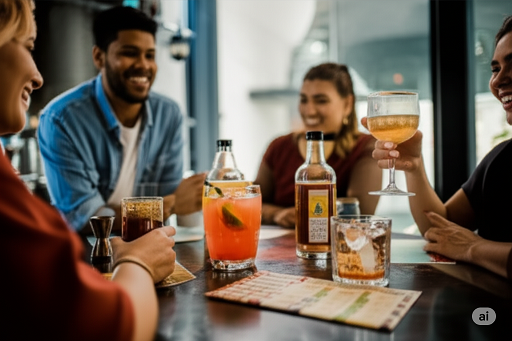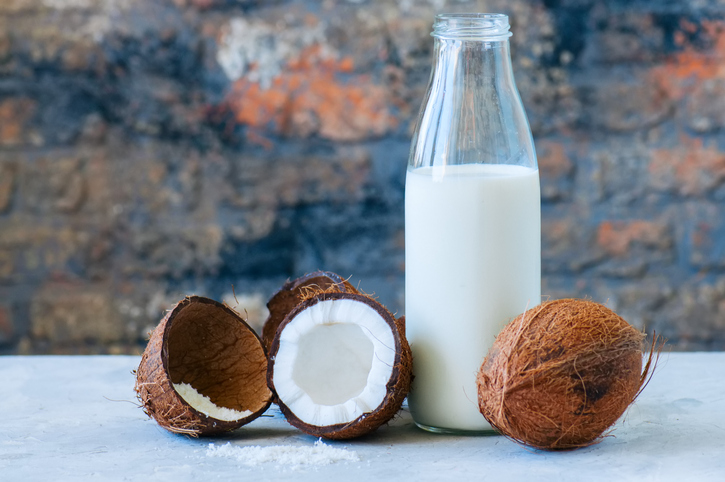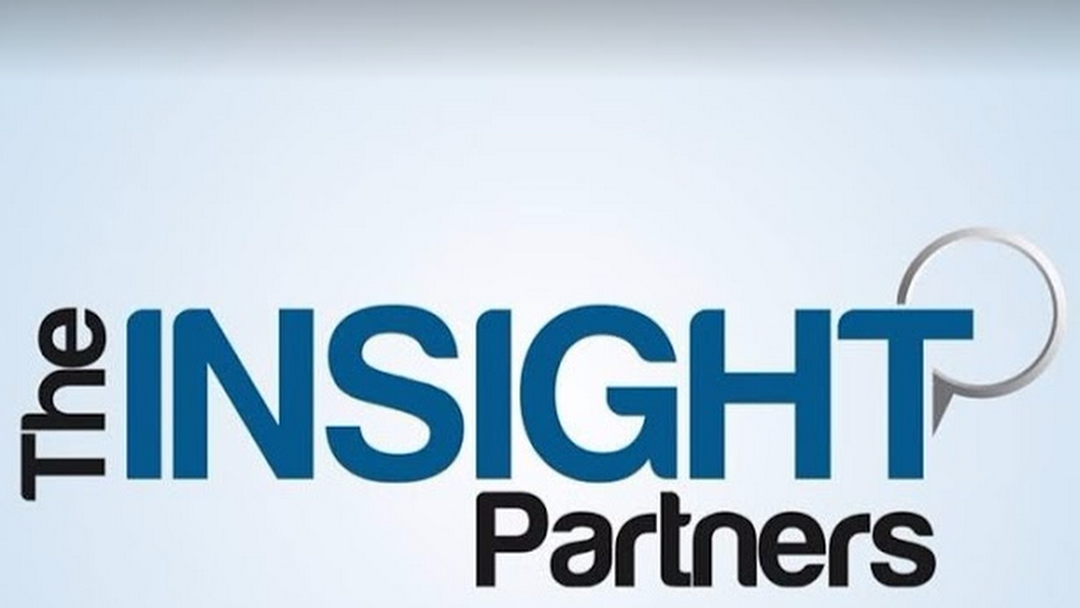The sober curious movement is not a fleeting trend. It represents a fundamental shift in how we view alcohol. More and more people actively choose to drink less, or not at all. This is reshaping our social lives and our understanding of well-being. This blog explores the cultural and social aspects fueling this powerful movement. We will delve into the motivations behind this conscious choice. We will also examine the rise of mindful drinking. Furthermore, we will navigate the social dynamics of non-alcoholic beverages, or in a broader sense, lifestyle. Finally, we will celebrate the innovative spaces catering to this growing community.
Beyond Dry January: Deeper Motivations for Drinking Less
For many years, abstaining from alcohol often meant identifying as a “teetotaler” or having a specific reason, like recovery. Now, a different narrative is emerging. People are choosing to drink less for a multitude of personal growth reasons. These extend far beyond the temporary reset of “Dry January.”
Improved sleep is a significant motivator. Alcohol disrupts sleep cycles. Even small amounts can impact sleep quality. Many report feeling more rested and energetic when they reduce their alcohol intake. Consequently, productivity and overall well-being improve.
Mental health is another crucial factor. While alcohol might offer temporary relaxation, it is a depressant. Regular consumption can worsen anxiety and contribute to mental health challenges. Choosing to drink less can lead to greater emotional stability. People experience improved mood and reduced anxiety.
Enhanced focus and clarity are also driving this movement. Alcohol impairs cognitive function. Reducing intake can sharpen mental acuity. People find they can concentrate better. They also experience increased productivity in their personal and professional lives. This newfound clarity allows for better decision-making.
Furthermore, a growing awareness of the long-term health risks associated with alcohol consumption plays a role. People are becoming more proactive about their health. They are making conscious choices to minimize these risks. This proactive approach contributes to a longer and healthier life.
Ultimately, the decision to drink less is often a form of self-care. It is a conscious investment in one’s physical and mental well-being. This shift towards prioritizing health is a powerful cultural force. It is driving the demand for non-alcoholic beverages.
The Rise of Mindful Drinking: Intentional Consumption
Alongside complete abstinence, mindful drinking is gaining traction. This concept encourages a more conscious and intentional approach to alcohol consumption. It is about questioning every drink. People ask themselves why they are drinking. They pay attention to the taste and the effects.
Mindful drinking involves setting intentions before consuming alcohol. This could mean limiting the number of drinks. It could also mean choosing specific occasions for alcohol. It encourages savoring each drink rather than mindlessly gulping it down.
This approach often leads to a natural reduction in overall alcohol intake. People become more aware of their habits and triggers. They make more deliberate choices about when and how much they drink. Consequently, individuals find a healthier balance that suits their lifestyle.
Mindful drinking is not necessarily about eliminating alcohol. Instead, it promotes a healthier relationship with it. It encourages a more thoughtful and deliberate approach. People incorporate both alcoholic and non-alcoholic beverages into their lives in a way that feels balanced and intentional. This balanced approach contributes to a more fulfilling social experience.
Navigating Social Situations With Non-Alcoholic Beverages
One of the biggest perceived challenges of drinking less is navigating social situations. Our culture often equates alcohol with celebration and socializing. However, the sober curious movement is actively changing this narrative.
Many people feel pressure to drink in social settings. Offering a polite but firm “no, thank you” is essential. Having a non-alcoholic beverage in hand can also ease social awkwardness. Explain your choice simply and confidently if asked. You do not need to over-explain your personal decisions.
Dating without alcohol can also feel daunting. However, being sober on a date allows for clearer communication and a genuine connection. It can help you assess compatibility more authentically. Furthermore, many people are increasingly open to dating individuals who choose not to drink.
Parties and events are evolving. More and more hosts are offering a variety of appealing non-alcoholic beverages. This inclusivity makes it easier and more enjoyable to socialize without alcohol. Seek out events specifically catering to the sober curious community. These spaces offer alcohol-free socializing opportunities.
Connecting with others who share similar values is crucial. Online communities and local sober curious groups provide support and shared experiences. These connections can make navigating social situations easier and more enjoyable. Remember, genuine connections do not depend on alcohol.
The Dawn of Non-Alcoholic Beverages, Bottle Shops, and Bars
The growing demand for sophisticated non-alcoholic beverages has led to an exciting development. Dedicated non-alcoholic bottle shops and bars are emerging. These innovative spaces cater specifically to those choosing to drink less or not at all.
These bottle shops offer a curated selection of high-quality non-alcoholic spirits, wines, beers, and ready-to-drink cocktails. They provide an alternative to traditional liquor stores. Customers can explore a diverse range of flavorful options without the pressure to purchase alcohol. Knowledgeable staff can offer recommendations and insights. This creates a welcoming and supportive environment.
Non-alcoholic bars provide a social space centered around creative and delicious non-alcoholic beverages. Talented bartenders craft intricate mocktails. These offer the same complexity and enjoyment as their alcoholic counterparts. These bars create inclusive environments. People can socialize and enjoy a night out without feeling excluded or pressured to drink alcohol.
Final Thought
These establishments are more than just places to buy drinks. They are community hubs, offering a sense of belonging for the sober curious. They demonstrate that socializing can be fun and fulfilling without alcohol. Entrepreneurs in this space are innovating and redefining the social drinking experience. This signals a significant shift in our cultural norms around alcohol. The rise of these spaces further validates the sober curious movement. They provide tangible options and foster a sense of community. Consequently, the movement gains further momentum. Therefore, the future of socializing looks increasingly inclusive and diverse. Moreover, the focus shifts towards genuine connection and well-being. Ultimately, the sober curious movement empowers individuals to make conscious choices about their relationship with alcohol.



